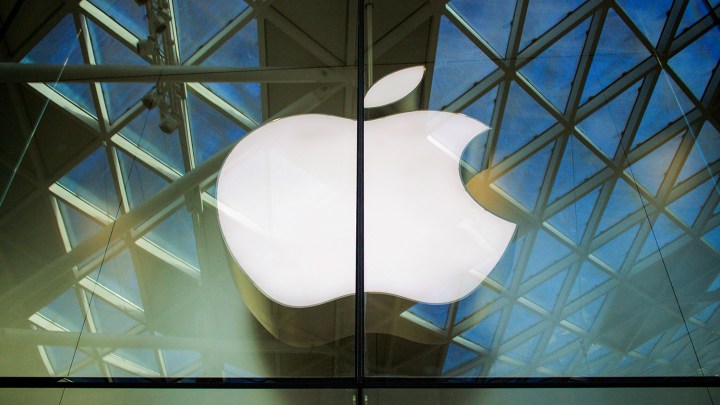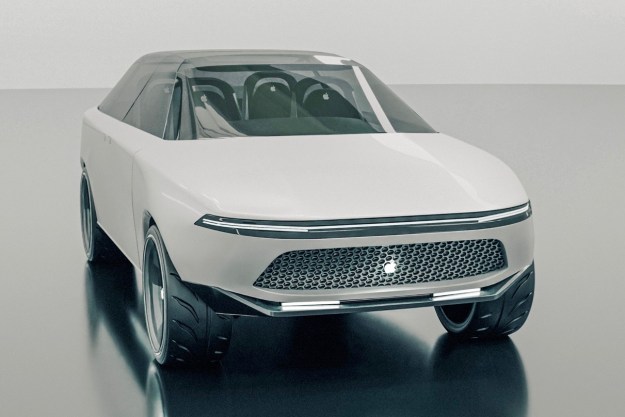
Now why else would the Cupertino company do that unless it had some serious skin in the game?
In the letter, which is dated November 22, 2016, Apple notes that it “uses machine learning to make its products and services smarter, more intuitive, and more personal,” and further, that it is “investing heavily in the study of machine learning and automation, and is excited about the potential of automated systems in many areas, including transportation.”
Kenner further noted that when executed properly, “automated vehicles have the potential to greatly enhance the human experience — to prevent millions of car crashes and thousands of fatalities each year and to give mobility to those without. It is vital that those developing and deploying automated vehicles follow rigorous safety principles in design and production.”
Ultimately, Apple said, “In order to best protect the traveling public and keep up with the pace of innovation, NHTSA should expedite requests for exemption and interpretation and petitions for rulemaking. NHTSA and Congress should also continue to explore new tools and authorities like those outlined in Section IV of the Policy — including expanded exemption authority — with the goal of fostering innovation, improving regulatory flexibility, and encouraging the development of life-saving technology.”
All this seems to suggest in no uncertain terms that Apple knows what it wants, and it’s a future in cars.
“We’ve provided comments to NHTSA because Apple is investing heavily in machine learning and autonomous systems,” Apple spokesman Tom Neumayr said Friday. “There are many potential applications for these technologies, including the future of transportation, so we want to work with NHTSA to help define the best practices for the industry.”
Editors' Recommendations
- The Apple Car was reportedly dubbed ‘the Bread Loaf’
- Apple’s car project has apparently conked out
- Apple boss Tim Cook hints at who might succeed him
- GM plans to phase out Apple CarPlay for EVs, go all-in on Android integration
- This $3 USB adapter fixed all of my Apple CarPlay connection problems


